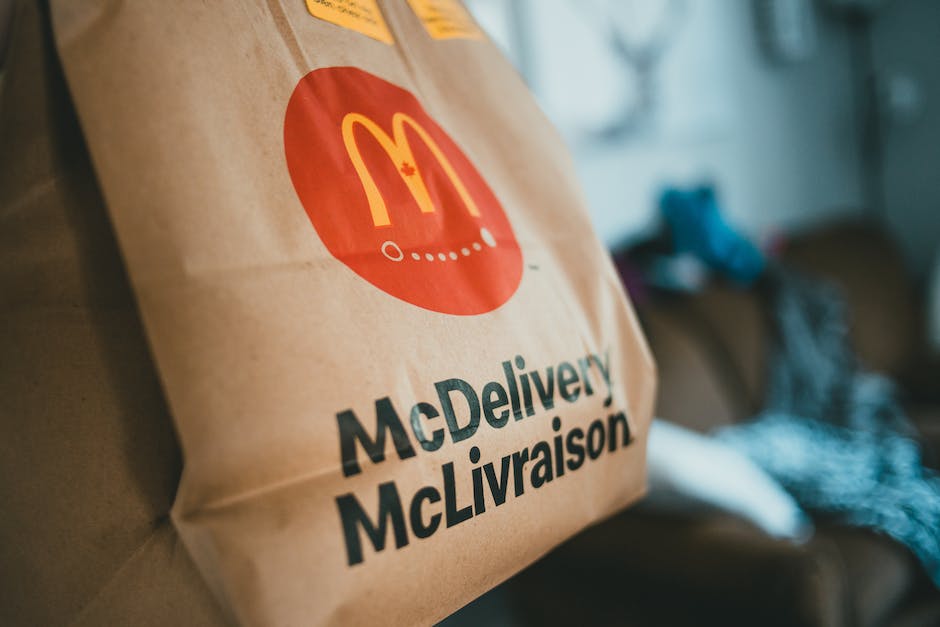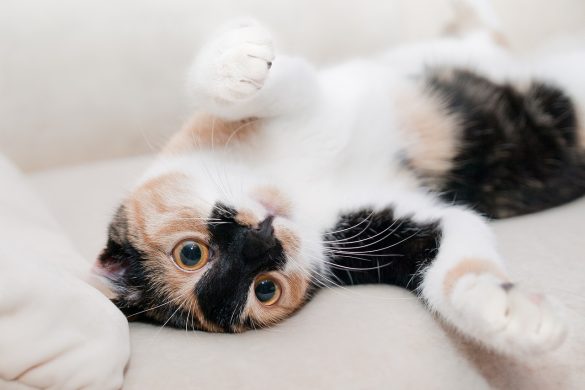As pet owners, we all want our furry friends to be healthy and happy. One of the most important factors in achieving this is providing them with a well-balanced diet. While many of us may be quick to cut out fat from our pet’s meals, it’s important to understand that fat is actually a necessary component of their nutrition. In this article, we’ll dive into the skinny on fat and why it’s crucial for your pet’s overall health and wellbeing. So, grab a treat for your furry friend and let’s get started!

1. “The Truth About Fat: Why Your Pet Needs It More Than You Think”
It’s a common misconception that fat is bad for pets, but the truth is that it’s actually an essential part of their diet. Here are a few reasons why your furry friend needs fat:
- Energy: Fat is a concentrated source of energy, providing your pet with the fuel they need to stay active and healthy.
- Vitamins: Some vitamins, like A, D, E, and K, are fat-soluble, meaning they need fat to be properly absorbed by the body.
- Insulation: Fat acts as an insulator, helping to regulate your pet’s body temperature and keep them warm in colder weather.
Of course, it’s important to remember that not all fats are created equal. While your pet does need fat in their diet, it’s important to choose healthy sources. Look for foods that contain omega-3 and omega-6 fatty acids, which are important for maintaining healthy skin and coat, as well as supporting your pet’s immune system.
- Healthy fats: Some healthy sources of fat for pets include fish oil, flaxseed oil, and chicken fat.
- Unhealthy fats: On the other hand, you’ll want to avoid foods that are high in saturated or trans fats, which can contribute to obesity and other health problems.
2. “Unpacking the Nutritional Benefits of Fat for Your Furry Friend”
When it comes to your furry friend’s diet, it’s important to understand the role of fat in their nutrition. While too much fat can lead to obesity and other health issues, the right amount of fat is essential for your pet’s overall health and well-being. Here are some of the nutritional benefits of fat for your furry friend:
- Energy: Fat is a concentrated source of energy, providing your pet with the fuel they need to stay active and healthy.
- Vitamins: Fat-soluble vitamins like A, D, E, and K are essential for your pet’s health, and are only absorbed in the presence of fat.
- Healthy skin and coat: Omega-3 and omega-6 fatty acids are important for maintaining healthy skin and a shiny coat.
- Brain function: Fat is an important component of brain tissue, and is essential for cognitive function and development.
It’s important to note that not all fats are created equal. While some fats are healthy and beneficial for your pet, others can be harmful and should be avoided. When choosing a food for your furry friend, look for high-quality sources of fat like chicken fat, fish oil, and flaxseed. Avoid foods that contain unhealthy fats like trans fats and saturated fats, which can contribute to obesity and other health issues.
3. “The Skinny on Fat: How to Ensure Your Pet’s Diet is Balanced and Healthy
Maintaining a balanced and healthy diet for your pet is crucial for their overall well-being. One of the key components of their diet is fat. While too much fat can lead to obesity and health problems, too little can result in a lack of energy and essential nutrients. Here are some tips to ensure your pet’s diet is balanced and healthy:
– Choose high-quality, lean protein sources such as chicken, fish, and turkey.
– Incorporate healthy fats such as omega-3 and omega-6 fatty acids found in fish oil and flaxseed oil.
– Avoid foods high in saturated and trans fats, which can lead to health issues such as heart disease and diabetes.
– Monitor your pet’s weight and adjust their diet accordingly to maintain a healthy body condition score.
In addition to a balanced diet, regular exercise is also important for your pet’s health. Consult with your veterinarian to determine the appropriate diet and exercise plan for your furry friend. By taking a proactive approach to their nutrition, you can help ensure a long and healthy life for your pet. In conclusion, understanding the role of fat in your pet’s diet is crucial for their overall health and well-being. While it may be tempting to cut back on fat to help your pet lose weight, it’s important to remember that fat is a necessary nutrient that provides energy, aids in nutrient absorption, and supports various bodily functions. As always, consult with your veterinarian to determine the appropriate amount and type of fat for your pet’s individual needs. With a balanced and nutritious diet, your furry friend can thrive and live their best life.

